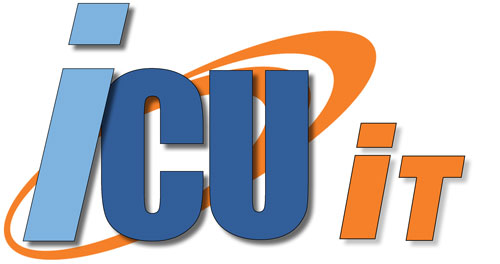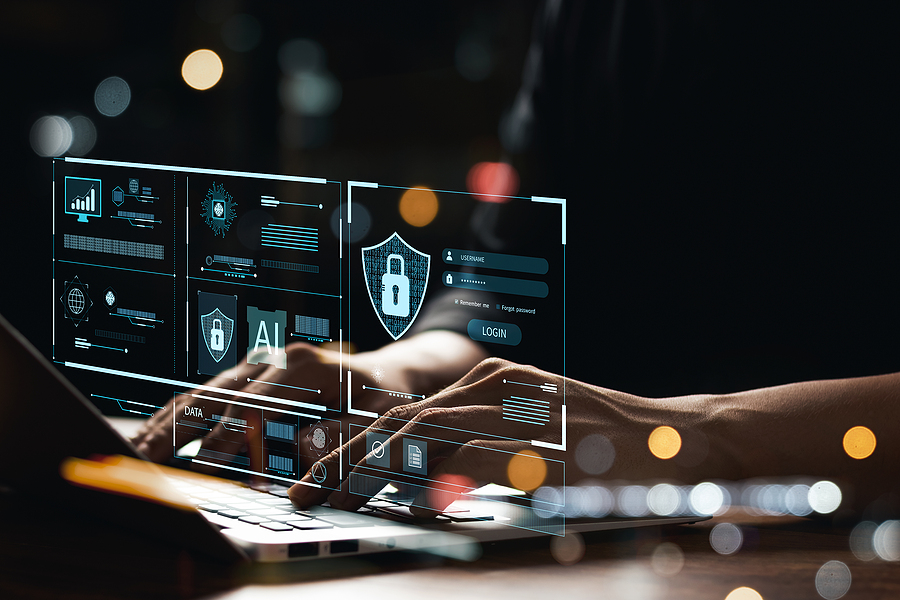Phishing Attacks
Phishing attacks are one of the most common cyber threats facing small businesses. These attacks occur when an attacker attempts to trick you into giving them sensitive information, such as your login credentials or credit card information.
The most common forms of phishing include email phishing and spear phishing. Email phishing occurs when an attacker sends you a fake email that looks like it is from a legitimate source, such as your bank. This email will usually contain a link that leads to a fake website where the attacker can collect your information. Spear phishing occurs when an attacker targets a specific individual or organisation with a personalised email.
Another common form of Phishing attack is through your mobile phone, this is known as Smishing. This occurs when you receive a text message from a sender that appears to be legitimate, but is fake. The attacker will usually include a link in the text message that leads to a website where they can collect your information.
So how can you protect yourself from these attacks?
- Being aware of the most common types of phishing attacks
- Keeping your software up to date
- Using strong passwords
- Not clicking on links in emails or text messages from unknown sources
Malware Attacks
Malware is a type of malicious software that is designed to damage your computer or steal your information. Malware can be installed on your computer without your knowledge, usually through email attachments or by visiting a malicious website.
Once malware is installed on your computer, it can damage your system in a variety of ways. It can delete files, corrupt data, or even disable your computer entirely. Malware can also steal sensitive information from your computers, such as login credentials or credit card information.
Removing Malware from your system can be tricky, and sometimes requires the help of a professional. In some cases, the infection can be so bad that a full system restore to factory settings is required.
So how can you protect yourself from malware attacks?
There are several steps you can take to protect your computer from malware, regularly scanning your computer and network for viruses and malware is recommended, and even setting up scheduled scans to run regularly.
It is important to understand that all devices on a network are potentially vulnerable to Malware, from desktop PCs, Laptops and even mobile phones and tablets. Any device that can connect to the internet is a target, which is why businesses of all sizes need to have some form of cyber security in place. All devices should have anti-virus and anti-malware software installed to help prevent infections.
Ransomeware Attacks
How can you protect yourself from Ransomware attacks?
- Keeping your operating system and software up to date
- Using strong passwords
- Not clicking on links in emails or text messages from unknown sources
- Only downloading files from trusted sources
- Have a backup of your data stored offline (this way if you are infected with ransomware, you can restore your files from the backup)
Conclusion
Small businesses are increasingly becoming targets of cyber-attacks, as they are seen as an easier target than large corporations. While there are many steps that small businesses can take to protect themselves from cyber-attacks, it is important to have a cyber security plan in place. This includes having anti-virus and anti-malware software installed on all devices, keeping your operating system and software up to date, using strong passwords, not clicking on links in emails or text messages from unknown sources, and only downloading files from trusted sources and having a backup of your data stored offline. If you do become the victim of a cyber-attack, it is important to seek help from a professional as soon as possible.
If you fear that you have been a victim of any of the cyber security threats mentioned above, you should seek out the help and advice of a professional IT company that can help you to assess the situation and take steps to protect your business.

